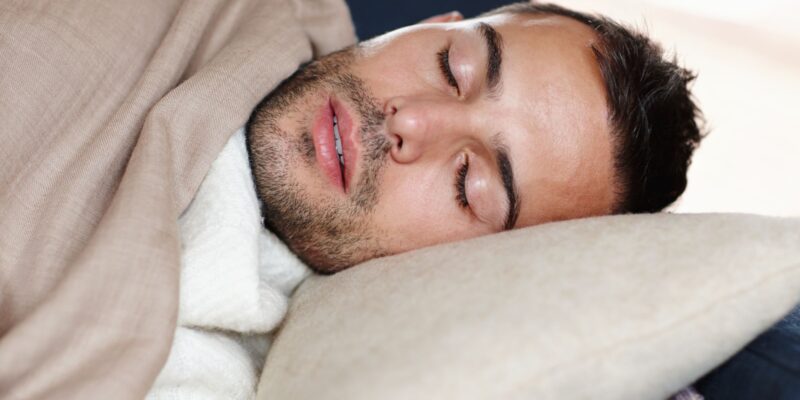Is your child struggling in school despite additional support or interventions? Academic challenges can sometimes…

The Best Sleep Habits for Vertigo Recovery
Vertigo can be disorienting, frightening, and dangerous. Any balance disorder, such as vertigo, puts you at risk of falling. Fortunately, getting good sleep can help you on your road to recovery, as a bad night’s sleep can trigger a vertigo attack. While sleep does not cure the condition alone, it is essential to your recovery.
In fact, getting a good night’s sleep is great for your overall health. The more researchers study sleep, the more critical its role in overall health becomes. A lack of sleep can make you susceptible to illness, exacerbate underlying health conditions, and even make it harder to maintain a healthy weight. So, whether or not you struggle with vertigo, you may want to consider implementing better sleep habits for overall recovery.
Tips for Better Sleep
Are you addicted to your coffee or afternoon sodas? We are not saying to cut them out of your life, but you should stop consuming caffeine in the early afternoon- around 2 or 3 p.m., depending on your bedtime. You can still enjoy your treats- just go for the caffeine-free versions. Plus, you want to stop relying on caffeine to wake up in the morning. Delay your morning caffeine until at least an hour after rising.
Do you have bright lights in your bedroom? Get rid of them. This can include unexpected bright light sources, like the annoying LED lights on chargers or even an overbright bedside clock.
Do not use your screen to go to sleep. Screentime can activate your brain, making it harder to get quality sleep. So, plan to stay away from the screen before bedtime.
Make a bedtime routine. These routines help your mind prepare for sleep and let you transition from a busy day to a restful night. You can add calming activities in the evening, such as a soak in a tub or reading a good, but not too exciting, book!
Temperature plays an essential role in getting good sleep. You want your bedroom chilly- we suggest no more than 72. If you do not want to cool your whole house to that level, consider adding a window unit or portable air conditioner to the bedroom.
Get some sunshine in the morning. Our bodies are conditioned to respond to sunshine, and spending just 20 minutes in the sunshine in the morning can improve energy throughout the day, making you more likely to get a good night’s sleep that night.



